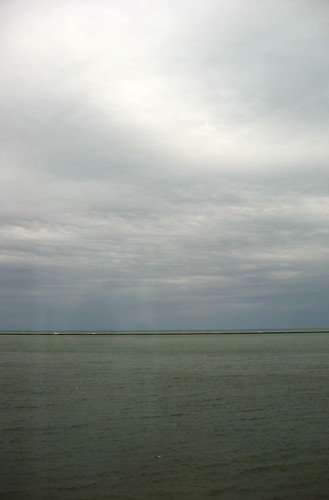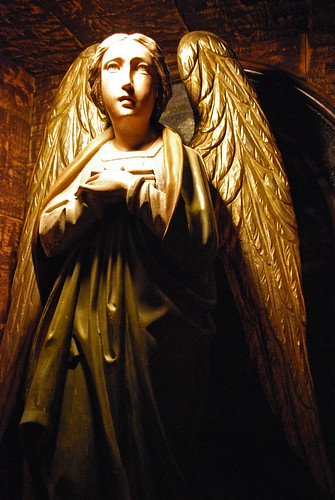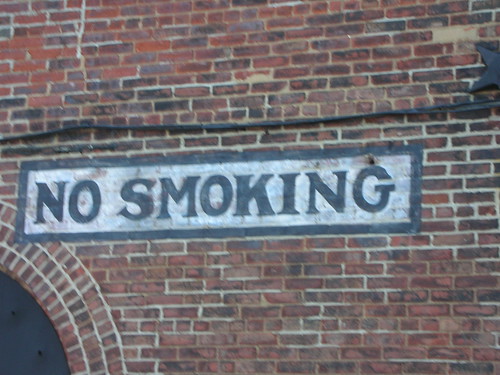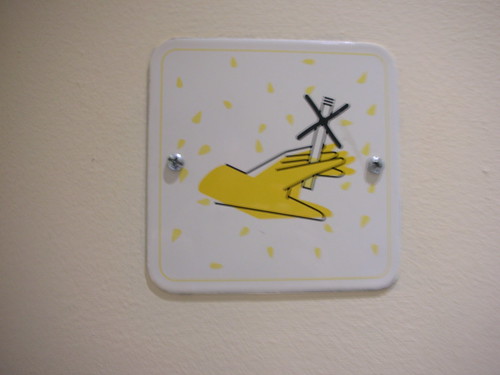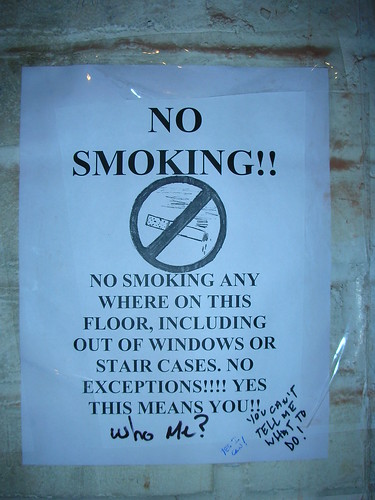In that regard, Richard Holmes's Shelley: The Pursuit (1974) is no disappointment. Shelley emerges whole, a figure far more maddening than admirable, yet impossible to dismiss or disregard, while around him, his friends and family--Mary Shelley, Lord Byron, Leigh Hunt, William Godwin, and others--sparkle with all the life of an age of great change and fervor. What literature fan could fail to thrill at the thought of the rainy summer of 1816, when the Shelleys and Lord Byron wrote ghost stories to assuage their cabin fever, and Mary Shelley produced Frankenstein?
Holmes is particularly good at exploring the process by which Shelley wrote, comparing casual notebook entries, early drafts, and finished poems to trace a work from inspiration to completion. But one of my favorite moments in the book so far is an account of a couple of more compressed processes of creation, one that brings in that sense of a living artistic community that I enjoy so much. It starts with a contest that, in the quality of its entrants, is reminiscent of the ghost story competition:
[I]n Hunt circles poetry was a social art, and on 14 February [1817] three competitive sonnets on the subject of the Nile were written during an evening party at Lisson Grove. The competitors were Hunt, Keats, and Shelley. Not surprisingly, perhaps, Hunt's is far the most competent while both Keats's and Shelley's betray embarrassment.One could easily imagine Keats and Shelley reacting differently, being goaded by the quality of the competition--thought at that point Shelley didn't think all that much of Keats's abilities, and Shelley himself had only a handful of notable poems under his belt.
Holmes goes on, however, to tell of a subsequent contest with a more lasting outcome:
Egyptian subjects were very much in vogue, for in the autumn of 1817 the British Museum had taken receipt of fragments and sculptures from the empire of the Ramases. . . . Among these were the celebrated Rosetta Stone, and the massive figure of Ramases II taken from the King's Funerary Temple at Thebes. . . . Visits to the British Museum with Horace Smith prompted Shelley to suggest that they might both produce a sonnet on the subject. Smith, the stockbroker poet who had agreed to be Shelley's financial agent in London, faithfully produced a workmanlike poem.The Wikipedia is kind enough to offer us the text of Smith's sonnet:
On A Stupendous Leg of Granite, Discovered Standing by Itself in the Deserts of Egypt, with the Inscription Inserted BelowAs you've already figured out, Shelley's poem was the everlasting "Ozymandias," a poem that manages to retain its power even when it's first encountered in the deadening confines of a high school English lit textbook, retains its power:
In Egypt's sandy silence, all alone,
Stands a gigantic Leg, which far off throws
The only shadow that the Desert knows:
"I am great OZYMANDIAS," saith the stone,
"The King of Kings; this mighty City shows
"The wonders of my hand." The City's gone,
Nought but the Leg remaining to disclose
The site of this forgotten Babylon.
We wonder, and some Hunter may express
Wonder like ours, when thro' the wilderness
Where London stood, holding the Wolf in chace,
He meets some fragments huge, and stops to guess
What powerful but unrecorded race
Once dwelt in that annihilated place.
OzymandiasSmith's poem is far from terrible--I particularly like the sibilance of "Egypt's sandy silence," and the insight that the stone leg would, in that flat land, throw "the only shadow that the Desert knows." But Shelley's imagery is so much stronger, from the "frown / And wrinkled lip and sneer of cold command," which sounds like the harsh features it depicts, to the rythmic and sonic perfection of "The hand that mock'd them and the heart that fed."
I met a traveller from an antique land
Who said: Two vast and trunkless legs of stone
Stand in the desert. Near them on the sand,
Half sunk, a shatter'd visage lies, whose frown
And wrinkled lip and sneer of cold command
Tell that its sculptor well those passions read
Which yet survive, stamp'd on these lifeless things,
The hand that mock'd them and the heart that fed.
And on the pedestal these words appear:
"My name is Ozymandias, king of kings:
Look on my works, ye Mighty, and despair!"
Nothing beside remains: round the decay
Of that colossal wreck, boundless and bare,
The lone and level sands stretch far away.
In the preface to his Revolt of Islam, Shelley wrote,
How far I shall be found to possess that more essential attribute of Poetry, the power of awakening in others sensations like those which animate my own bosom, is that which, to speak sincerely, I know not."Ozymandias," written quickly, on command, and about a subject to which many poets and writers had recently turned their hands with less success, does just that: Shelley's skepticism and distrust of power come through clearly and convincingly, even two centuries later.
